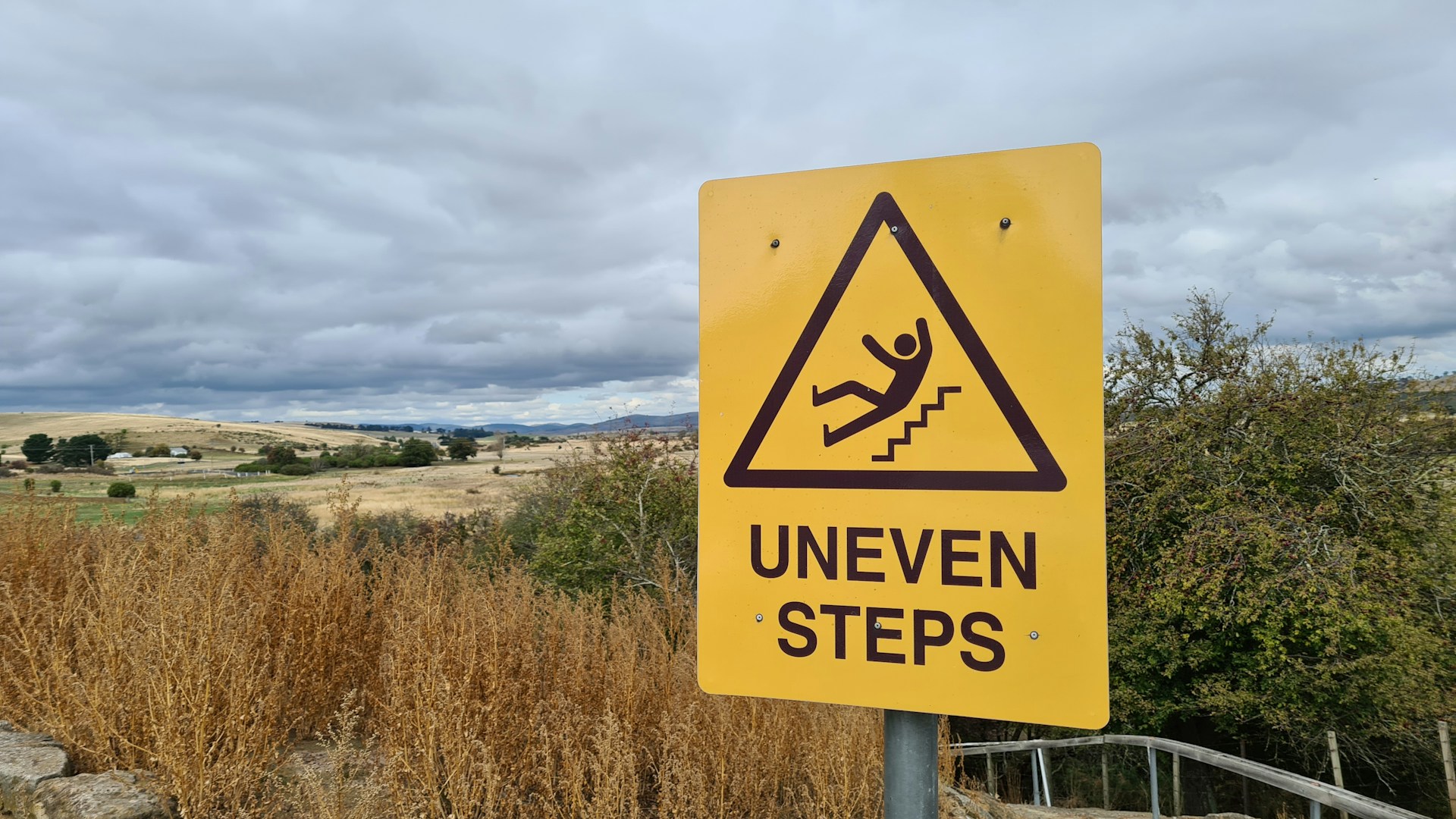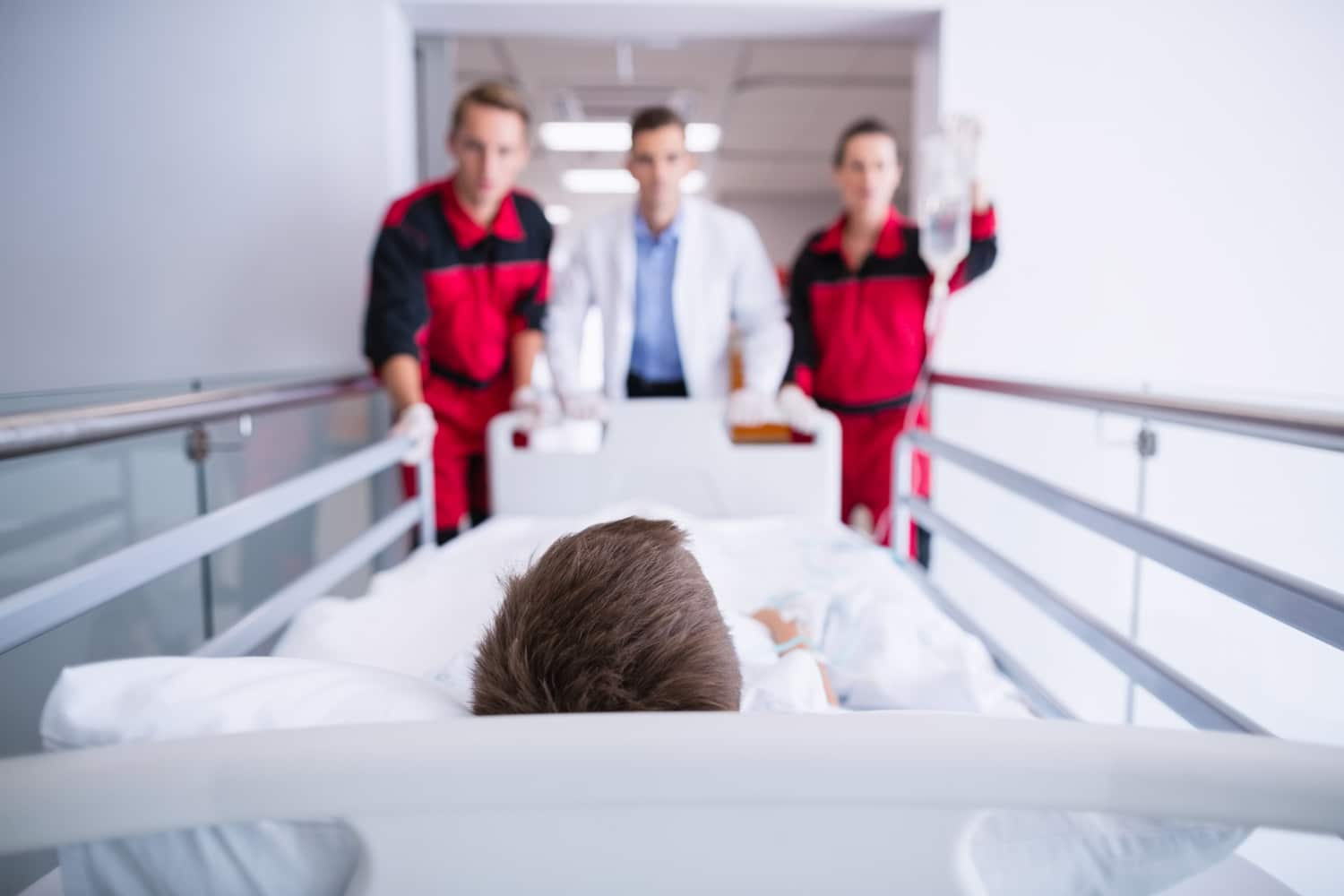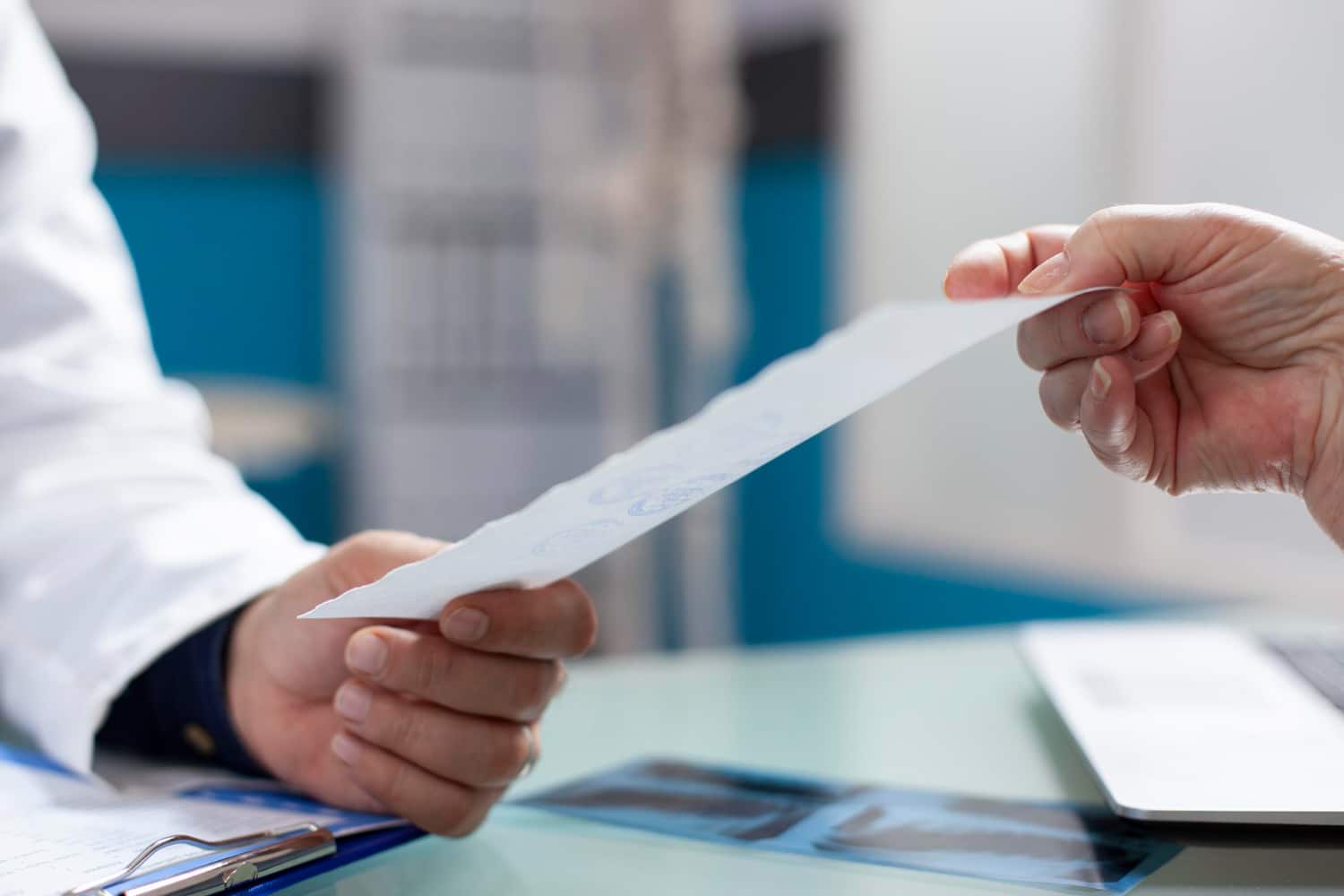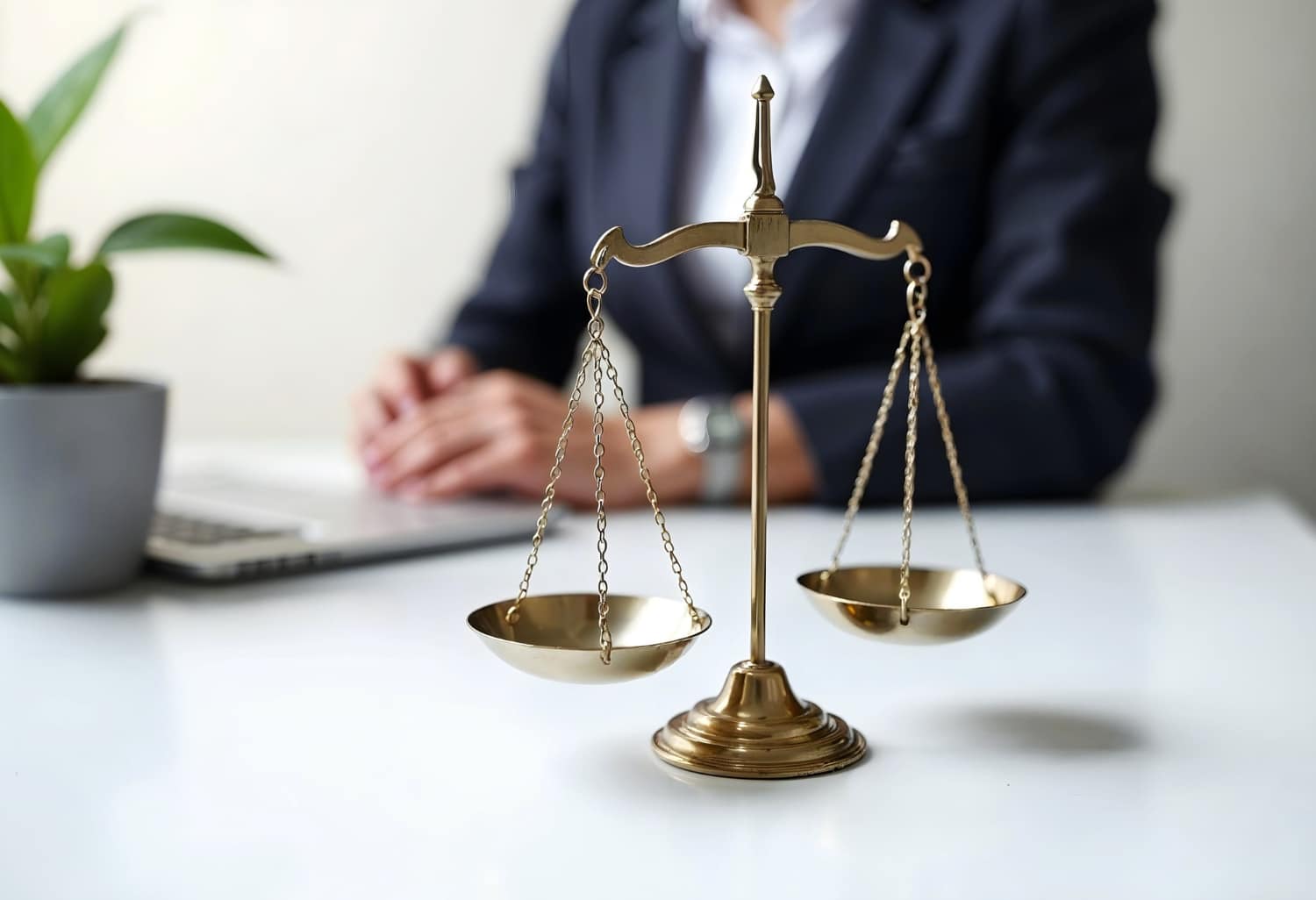Slips, trips, and falls can happen just about anywhere, and they often take people by surprise. One moment you are walking through a store, climbing a set of stairs, or leaving a building, and the next you are on the ground. Sometimes the injury is small and heals without much trouble. Other times, it leads to a hospital trip, missed work, and a long recovery.
In Tampa, these moments can bring up questions around why the fall happened and who, if anyone, might have played a part in it. When pain does not go away or daily life is affected, it is natural to wonder if something should have been done to prevent the accident. Fall injuries can lead to claims of personal injury in Tampa FL, especially if the situation could have been avoided with better care or attention. Knowing how timing, place, and responsibility come together can help you decide what steps to take next.
When Is a Fall More Than an Accident?
Not all falls are just bad luck. Some happen because something was overlooked, ignored, or handled poorly. That is where things shift from accident to something more serious.
Let us say someone slips in a grocery store. If the floor was wet and there was no warning sign nearby, that could point to a failure in keeping the area safe. If a stairwell in a rental home has steps that wobble or a handrail that is loose, that might show a lack of upkeep. Even dim or broken lighting in parking lots or building entries can cause people to trip or miss a step they did not see.
The place where the fall happened matters a lot. Public spots, private homes, workplaces, and rental properties can all have different rules and expectations. The setting helps tell the story of who was in charge of keeping that space safe and whether they met that duty. If someone was responsible for fixing a problem and did not, that might become part of a bigger legal conversation.
What to Know About Florida Rules on Injury Cases
Florida law has specific ways of looking at who is responsible when someone gets hurt. One of the key ideas is “duty of care,” which means a person or business is expected to take reasonable steps to keep others safe. If they do not, and someone gets injured, that could count as negligence. But figuring that out requires more than just saying something went wrong.
Another thing to keep in mind is time. There are deadlines for filing a personal injury case in Tampa FL. If too much time passes, it might be too late to do anything, even if the case seems strong. That is why paying attention to when the fall happened—and what you did afterward—is important.
Take, for example, someone who trips on uneven sidewalk outside a city-owned building. The timing of when it is reported and how it is reported could affect whether a formal claim is possible. The same goes for incidents in large stores or private businesses where procedures may vary. Knowing these deadlines and details can help you understand what action, if any, is available under Florida laws.
Common Mistakes People Make After a Fall
Right after a fall, it is easy to be more focused on the pain or embarrassment than anything else. A lot of people just want to get up, brush it off, and go home—but those first moments can matter later.
One common mistake is avoiding medical care. Even if something feels like a minor bruise or sprain, it might be more serious than it looks. Waiting too long to get checked out can lead to gaps in medical records, which can make it harder to show how the injury developed.
Another misstep is not collecting details. Things like where exactly the fall happened, what was on the ground, or who saw it can fade with time. If there were store employees nearby or if security cameras might have recorded it, those pieces could help later. People sometimes assume everything will clear up on its own, not realizing that small aches can turn into long-term pain.
Why Details Matter in Fall-Related Claims
Small facts often carry big weight. Something like cracked pavement, scattered leaves, or a forgotten floor mat might seem like nothing until you look closer. These details can help tell the story of how someone fell and whether the hazard should have been fixed or warned about.
Photos can be very useful, especially if taken right after the fall. So can video footage from security cameras or even short witness notes. It might not feel necessary at the time, but these kinds of details can help connect the injury to the setting when the story is being pieced together later.
Even weather can play a role. Rainy conditions, if mixed with smooth indoor floors, can create extra risk. If no one took steps to dry the traffic areas or place signs, that might mean someone missed their part in keeping the place safe. And while most people do not think to ask for copies of reports or witness contact info, those small things can help create a clear timeline that shows what happened and when.
A Closer Look Can Make a Big Difference
Fall injuries might seem simple at first, especially if people expect a quick recovery. But the truth is, where the fall happened and why can change how things play out. In Tampa, understanding personal injury law and how it applies to your situation often starts with looking at the scene, the people involved, and what steps were or were not taken to prevent harm.
Paying attention to those early moments—asking the right questions, keeping short notes, and saving photos—can bring something into focus that did not seem clear at the time. It does not have to be perfect or formal. Just starting to gather the pieces helps make sure the full picture is not lost along the way. Waiting can make some details hard to track down. But starting with what you know can help you see the big picture more clearly.
If a fall has left you uncertain about what comes next, looking closely at how it happened can help make things clearer. Details like where the accident took place, how the area was maintained, and when it occurred all matter. Many of these situations fall under personal injury in Tampa FL, where experience with local laws and standards can play a key role. At Greco, Wozniak & Ruiz-Carus, P.A., we’re here to listen when you’re ready to talk.






